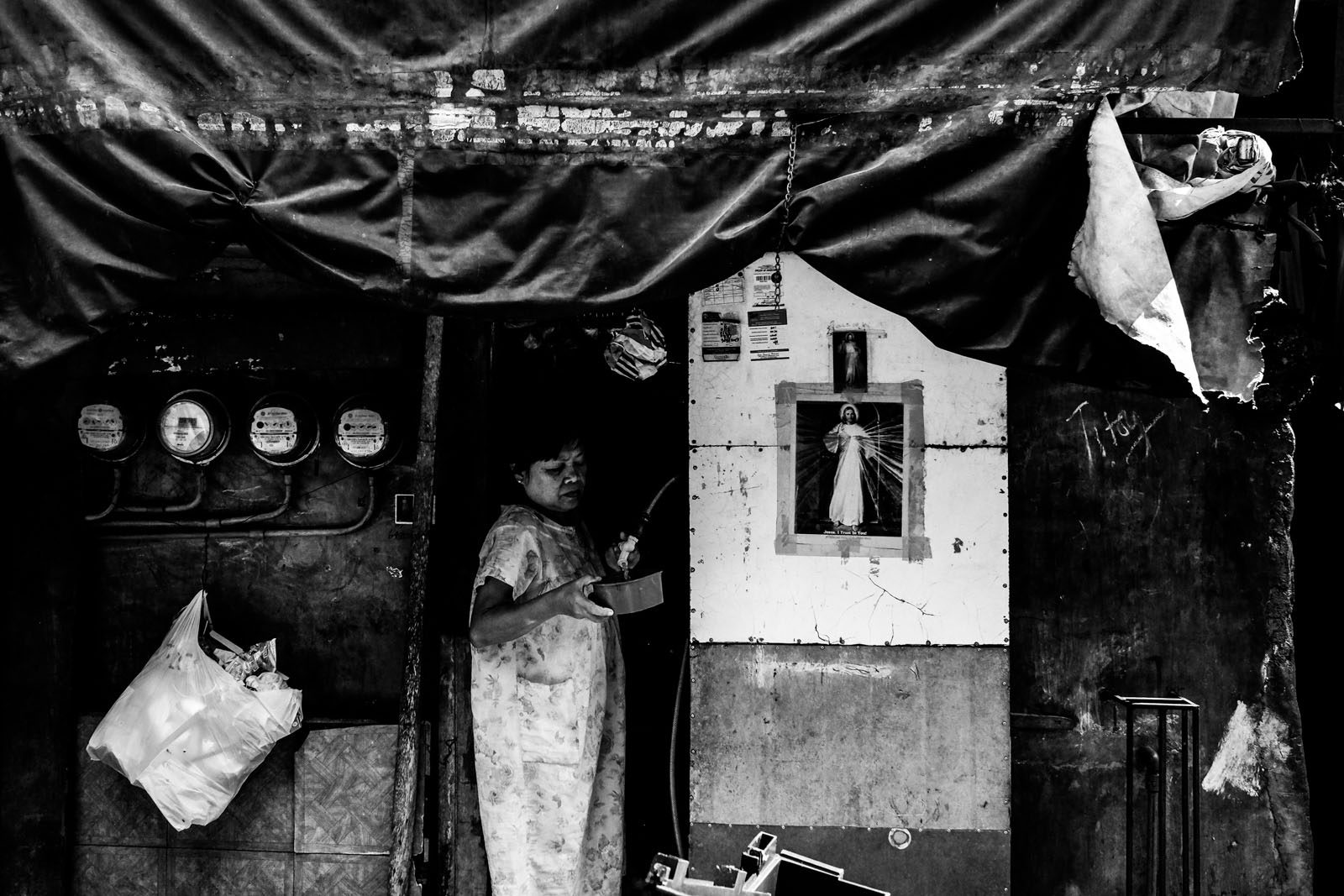Frank Cimatu
OTHER than Jillian Robredo, another famous Filipina graduated from New York University last week.
She is Xyza Cruz Bacani. Her story as an assistant to her mother who is a domestic worker in Hong Kong and how she rose to become one of the Philippines’ most famous photographers serves as an inspiration to many Cordillerans and Ilocanos.
I am a graduate of Masters in Arts and Politics at New York University. Even without a college degree, NYU took a chance on me. I am a scholar and grateful to people who paved the way for me to dream, who saw my potential and extended their generosity. I am in awe of your beauty and grace. I am grateful to my mama and papa, who taught me kindness and grit.
I am a descendant. My ancestors are people you don’t read about in history books. They are unseen and unheard. We don’t have family inheritance except for the traumas passed on from one generation to another. I do not have photographs of them or any objects that will remind me of them. All I know is I am a product of trauma caused by a cycle of poverty.
I am an ancestor. As a storyteller in today’s world of uncertainty, I need to see myself as an ancestor rather than a descendant. It helps me make better decisions. I honor my ancestors by becoming one.
I am an artist. I always have been and always will be an artist in service because I am not my circumstances.
Xyza is the eldest of three children in Bambang, Nueva Vizcaya. She was taking up Nursing but had to drop out because her mother, who was working as a DH in Singapore, had to leave her abusive employer.
Her mother finally transferred to Hongkong and Xyza, to help bring her siblings to school, joined her when she was only 19 years old.
Their employer, Kathryn Louey, one day noticed Xyza tinkering with a camera. She then told Louey about her ambition to be a photographer and Louey bought her an SLR camera.
That started the fuel to Xyza’s passion that later brought her to fame.
She first photographed her fellow Filipina DH. Her black-and-white composition showed her genius for telling their stories through lights and shadows.
Her social media posts were noticed by serious photographers who then tutored her and gave her their old cameras. They also helped her join their exhibitions and acquire assignments.
She was chosen as one of Magnum Foundation’s Human Rights Fellows in 2015 and was also selected among BBC’s 100 Women of the World in 2015, 30 Under 30 Women Photographers in 2016, Forbes’ 30 Under 30 Asia in 2016, and a Fujifilm Ambassador.
She received grants from Pulitzer Center on Crisis Reporting in 2016 and WMA Commission in 2017.
This year, her photo book “We Are Like Air” was published.
The foreword says: “In this book, Bacani, who used to be a domestic worker herself, reclaims the story of the migrant worker that has been told countless times by others. This time around, she is telling their own stories – not as victims but as champions who have overcome the many hardships life has tossed at them as they leave their families behind in their home country. The book portrays the experience of millions of mothers, daughters and families whose lives have been disrupted by migration. “We Are Like Air” because migrant workers are often treated like air, invisible but important.”




There are no comments yet. Add your comment to start the conversation.